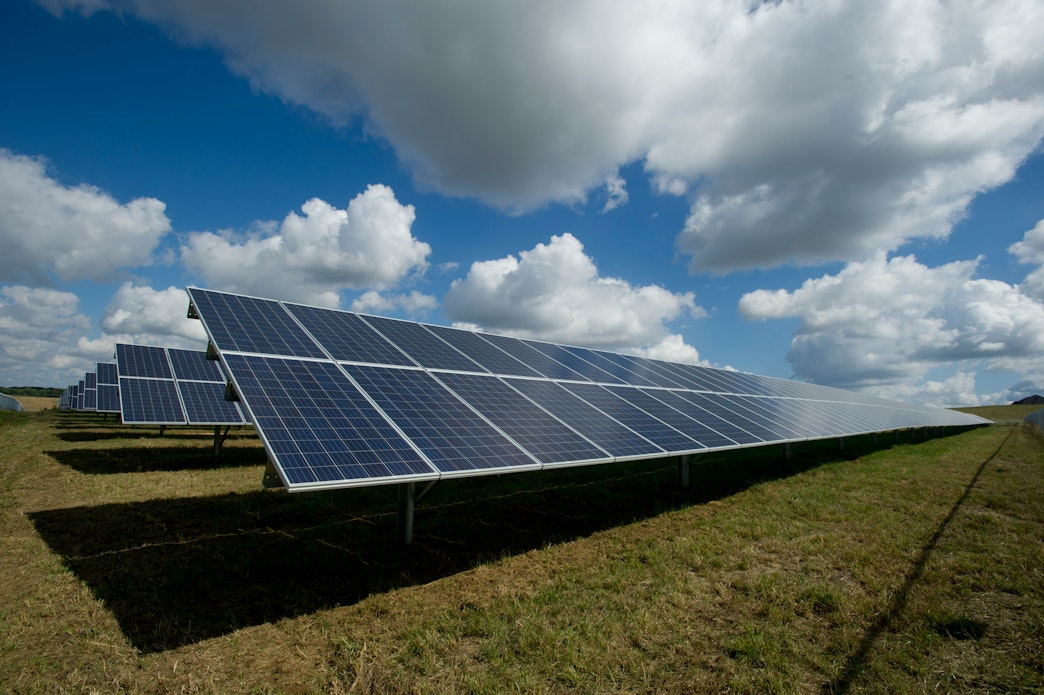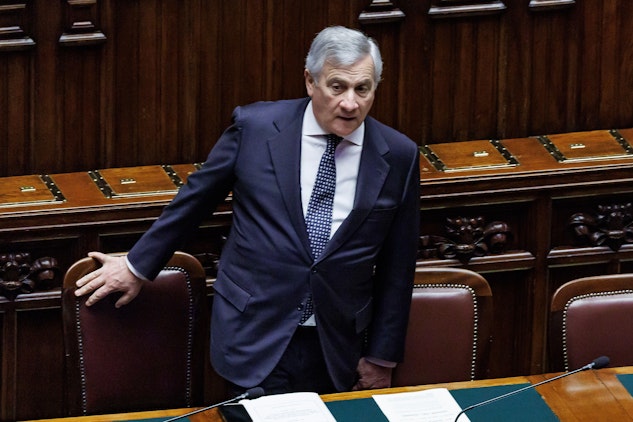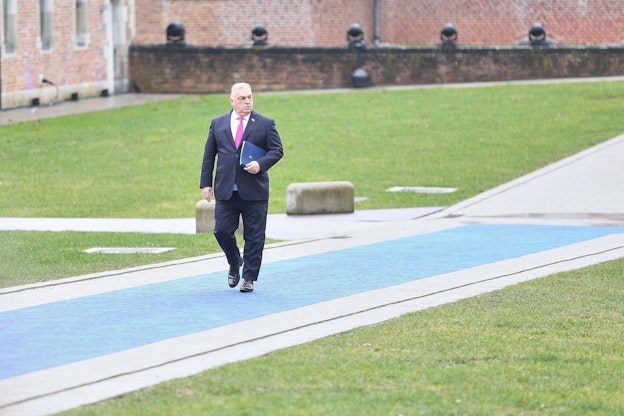In times of growing geopolitical insecurity, inequality, intensified economic global competition and an escalating climate crisis, it is high time for long-term investment in Europe. The European fiscal rules do not set the appropriate incentives to respond to these challenges. The stability of our common currency and the solidarity between member states requires a credible fiscal framework to ensure all member states mainstream sustainability in their finances and their ability to face the urgent expenditures needed in the challenging times today.
Long-term sustainable investment is not only a national issue but a shared European
imperative that requires coordinated action across all member states, as well as at the Union’s level. Further, long-term sustainable investment is a necessary component of fiscal credibility. Rigid fiscal rules are not restricted to EU borders – non-member states are also subject to domestic financial restraints harming sustainable investment. We therefore also call upon these governments to reform their rigid rules, in order to step up green and social investment.
From this perspective, and thanks to the efforts of the German Greens, Germany has now crucially placed urgency in climate mitigation and adaptation, and the required infrastructure expenditure, in addition to the need for public investment in defence. At least €100 billion of additional investment spending for the climate are now on their way. But efforts by individual member states cannot stand alone: Europe must ensure that all countries are encouraged and enabled to make similar commitments.
Yet, it remains uncertain whether this investment can be reconciled with the current EU fiscal framework. Creative exemptions, special deals for individual member states, and complex interpretation guidelines risk reintroducing uncertainty about which rules apply to whom.
That is why EGP leaders demand a new reform of the EU’s fiscal framework. Such a reform must give all member states strong and consistent incentives for long-term sustainable investments. Limited national escape clauses, slightly longer adjustment periods, or special treatment of individual member states are insufficient.
For the urgently needed investments in a climate-neutral economy, the next EU financial framework must focus more on innovation and Europe’s future viability. These should be guided by sustainability principles and aligned with the broader goals of a just transition. Future-oriented policies supporting Europe’s competitiveness, leadership in research, European public goods and cultural diversity must be financially reinforced.
This also requires stronger financial capacity at the European level. We support increasing the EU financial framework, introducing new own resources, and enabling joint borrowing. The MFF should uphold long-term goals while remaining flexible to respond to crises.
Strategic allocation must align with sustainability, democracy, security and solidarity, and foster synergies across areas like the circular economy and a competitiveness fund.
Europe needs clarity, fairness, and long-term investment sustainability – for everyone.
Grünes Licht für langfristige Investitionen in ein nachhaltiges Europa
Gemeinsame Erklärung des 4. EGP Green Leadership Council am 13. Juni 2025. Vorgeschlagen von Bündnis 90/Die Grünen, Deutschland, und dem Vorstand der Europäischen Grünen Partei
In Zeiten wachsender geopolitischer Unsicherheit, Ungleichheit, verschärften wirtschaftlichen globalen Wettbewerbs und einer eskalierenden Klimakrise ist es höchste Zeit für langfristige Investitionen in Europa. Die europäischen Fiskalregeln setzen nicht die richtigen Anreize, um auf diese Herausforderungen zu reagieren. Die Stabilität unserer gemeinsamen Währung und die Solidarität zwischen den Mitgliedstaaten erfordern einen glaubwürdigen fiskalischen Rahmen, der sicherstellt, dass alle Mitgliedstaaten ihre Finanzen nachhaltig gestalten und in der Lage sind, die dringenden Ausgaben zu tätigen, die in den heutigen herausfordernden Zeiten erforderlich sind.
Langfristig nachhaltige Investitionen sind nicht nur eine nationale Angelegenheit, sondern ein gemeinsames europäisches Imperativ, der koordinierte Maßnahmen in allen Mitgliedstaaten und auf Unionsebene erfordert. Außerdem sind langfristige nachhaltige Investitionen ein notwendiger Bestandteil der finanzpolitischen Glaubwürdigkeit Rigide Fiskalregeln enden nicht an den Grenzen der EU - auch Nichtmitgliedstaaten unterliegen inländischen finanziellen Beschränkungen, die nachhaltigen Investitionen schaden. Wir fordern daher auch diese Regierungen auf, ihre starren Regeln zu reformieren, um grüne und soziale Investitionen zu beschleunigen.
Unter diesem Gesichtspunkt und dank der Bemühungen der deutschen Grünen hat Deutschland die Dringlichkeit des Klimaschutzes und der Klimaanpassung sowie die erforderlichen Infrastrukturausgaben zusätzlich zu den notwendigen öffentlichen Investitionen in die Verteidigung in den Vordergrund gestellt. Mindestens 100 Milliarden Euro an zusätzlichen Investitionsausgaben für das Klima sind nun auf dem Weg. Die Bemühungen einzelner Mitgliedstaaten können jedoch nicht allein stehen: Europa muss sicherstellen, dass alle Länder ermutigt und in die Lage versetzt werden, ähnliche Verpflichtungen einzugehen.
Es bleibt jedoch ungewiss, ob diese Investitionen mit dem derzeitigen Fiskalregeln der EU in Einklang gebracht werden können. Kreative Ausnahmeregelungen, Sonderregelungen für einzelne Mitgliedstaaten und komplexe Auslegungsrichtlinien bergen die Gefahr, dass erneut Unsicherheit darüber entsteht, welche Regeln für wen gelten.
Deshalb fordern die EGP-Vorsitzenden eine neue Reform des finanzpolitisdhen Regelwerks der EU.
Eine solche Reform muss allen Mitgliedsstaaten starke und konsistente Anreize für langfristige nachhaltige Investitionen geben. Begrenzte nationale Ausweichklauseln, etwas längere Anpassungszeiträume oder eine Sonderbehandlung einzelner Mitgliedstaaten sind nicht ausreichend.
Für die dringend notwendigen Investitionen in eine klimaneutrale Wirtschaft muss der nächste EU-Finanzrahmen stärker auf Innovation und die Zukunftsfähigkeit Europas ausgerichtet werden. Diese sollten sich an den Grundsätzen der Nachhaltigkeit orientieren und mit den weiter gefassten Zielen einer gerechten ökologischen Transformation in Einklang gebracht werden. Zukunftsorientierte Politiken, die Europas Wettbewerbsfähigkeit, seine Führungsrolle in der Forschung, europäische öffentliche Güter und kulturelle Vielfalt unterstützen, müssen finanziell gestärkt werden.
Dies erfordert auch eine stärkere finanzielle Kapazität auf europäischer Ebene. Wir unterstützen die Aufstockung des EU-Finanzrahmens, die Einführung neuer Eigenmittel und die Ermöglichung einer gemeinsamen Kreditaufnahme. Der mittelfristige Finanzrahmen der EU sollte langfristige Ziele verfolgen und gleichzeitig flexibel bleiben, um auf Krisen reagieren zu können.
Die strategische Zuteilung muss sich an Nachhaltigkeit, Demokratie, Sicherheit und Solidarität orientieren und Synergien in Bereichen wie der Kreislaufwirtschaft und einem Fonds zur Stärkung der Wettbewerbsfähigkeit fördern.
Europa braucht Klarheit, Fairness und langfristige Nachhaltigkeit der Investitionen - für alle.



